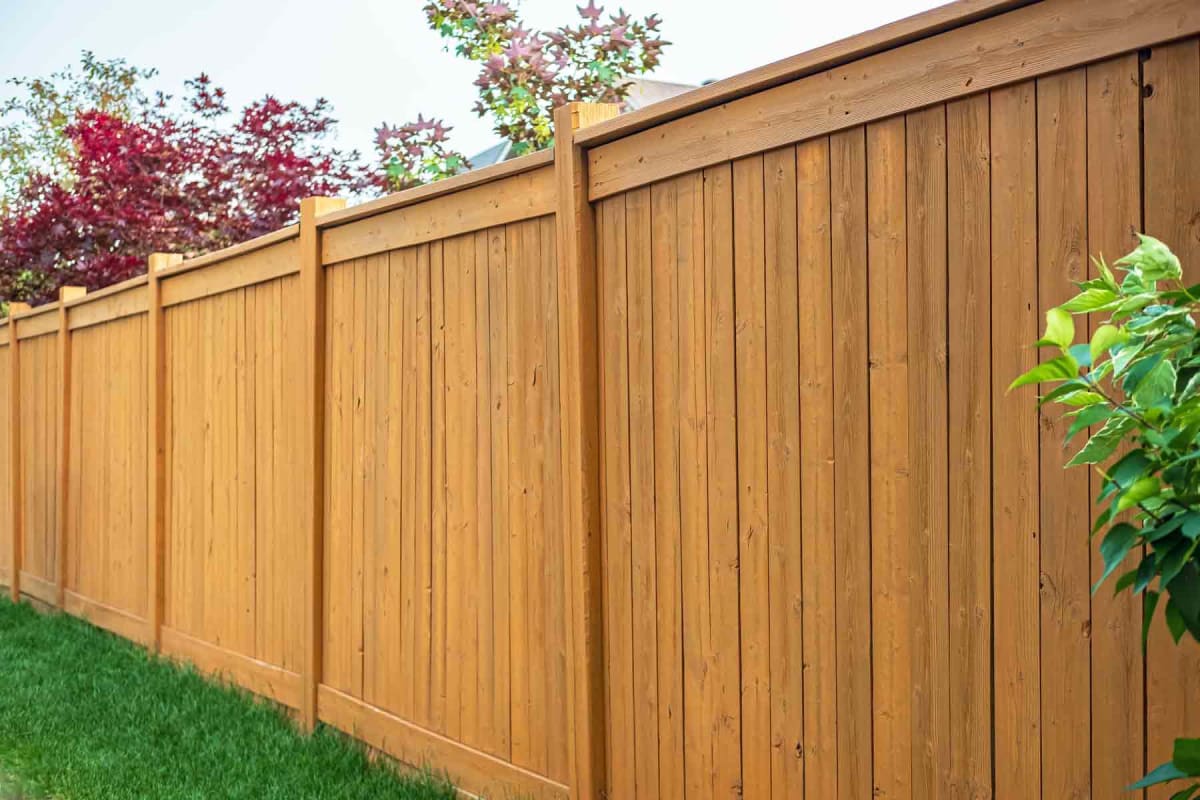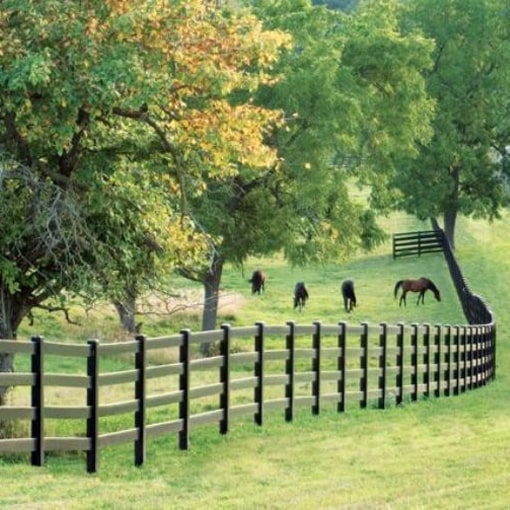All Categories
Featured

When mounting a fence, picking the right product is essential to stabilizing performance, looks, and budget plan. Timber, vinyl, and aluminum are amongst one of the most commonly chosen secure fencing products, each with its disadvantages and staminas. This overview explores the pros and cons of these choices to aid you make an educated decision.

Timber Fencing. Pros:. Natural Beauty: Timber's classic beauty can enhance any building with its warm and traditional look. Adjustable: You can paint, tarnish, or sculpt timber to fit your design choices. Cost effective: Wood secure fencing is originally much more budget-friendly compared to some other products. Eco-friendly: As a renewable energy, timber is eco-friendly and usually thought about green. Cons:. Maintenance-Intensive: Routine sealing, paint, or discoloration is required to avoid damages from climate and parasites. Prone to Decay: Without proper treatment, timber can rot, warp, or split in time. Shorter Lifespan: Typically, timber fences last 10-15 years, depending upon the sort of timber and upkeep. Wood is a fantastic alternative for those who value aesthetic appeals and want to spend in regular maintenance to maintain its look and durability.
Plastic Secure Fencing. Pros:. Low Upkeep: Plastic requires minimal treatment-- simply occasional cleaning with soap and water. Weather condition Resistant: It doesn't warp, rot, or give in to insect damages, making it very sturdy in numerous environments. Longevity: Plastic fences can last 20-30 years with little to no repair work. Layout Variety: Available in a large range of textures, colors, and styles, including wood-like looks. Disadvantages:. Higher Initial Expense: Vinyl fences are extra costly upfront contrasted to wood. Susceptability to Cold: In very cool weather condition, vinyl can end up being prone and fragile to fracturing. Minimal Fixing Options: Matching substitute panels can be testing if damage takes place. Plastic secure fencing is perfect for home owners seeking a durable, low-maintenance remedy that supplies modern-day adaptability.

Aluminum Secure Fencing. Pros:. Rust-Proof: Aluminum withstands deterioration, making it an excellent selection for wet or damp environments. Durable: In spite of being lightweight, light weight aluminum is solid and can endure extreme weather. Low Upkeep: It needs very little maintenance, generally only occasional cleansing. Long Life-span: Aluminum fences can last years without substantial deterioration. Elegant Layout: Commonly utilized for ornamental functions, aluminum fence adds a streamlined, advanced aim to residential properties. Cons:. High Preliminary Investment: Light weight aluminum fences are amongst the more expensive alternatives on the market. Less Privacy: The open designs usual with aluminum fence do not provide much personal privacy. Susceptible to Damages: While long lasting, light weight aluminum can damage if hit with enough force. Light weight aluminum is an excellent choice for home owners prioritizing visual appeals and longevity without calling for much upkeep.
Making Your Choice. When choosing between wood, vinyl, or aluminum fencing, consider your concerns:
Wood matches those that appreciate an all-natural look and don't mind putting in maintenance initiative. Vinyl is the best alternative for those looking for a low-maintenance, weather-resistant solution. Aluminum offers streamlined style and lasting resilience but might lack personal privacy. By thoroughly examining these materials' attributes, you can pick a fence that matches your building while satisfying your useful and aesthetic requirements.
Latest Posts
Discover Reduce Expenses on Car Maintenance with Montclare Auto Repair’s Limited-Time Deals
Published en
1 min read
Explore Auto Services & More: Complete Auto Care Solutions from Montclare Auto Repair
Published en
1 min read
Check Out Exceptional Auto Repair Care from Montclare Auto Repair – Quality Service Today
Published en
1 min read
More
Latest Posts
Discover Reduce Expenses on Car Maintenance with Montclare Auto Repair’s Limited-Time Deals
Published May 30, 25
1 min read
Explore Auto Services & More: Complete Auto Care Solutions from Montclare Auto Repair
Published May 27, 25
1 min read
Check Out Exceptional Auto Repair Care from Montclare Auto Repair – Quality Service Today
Published May 26, 25
1 min read